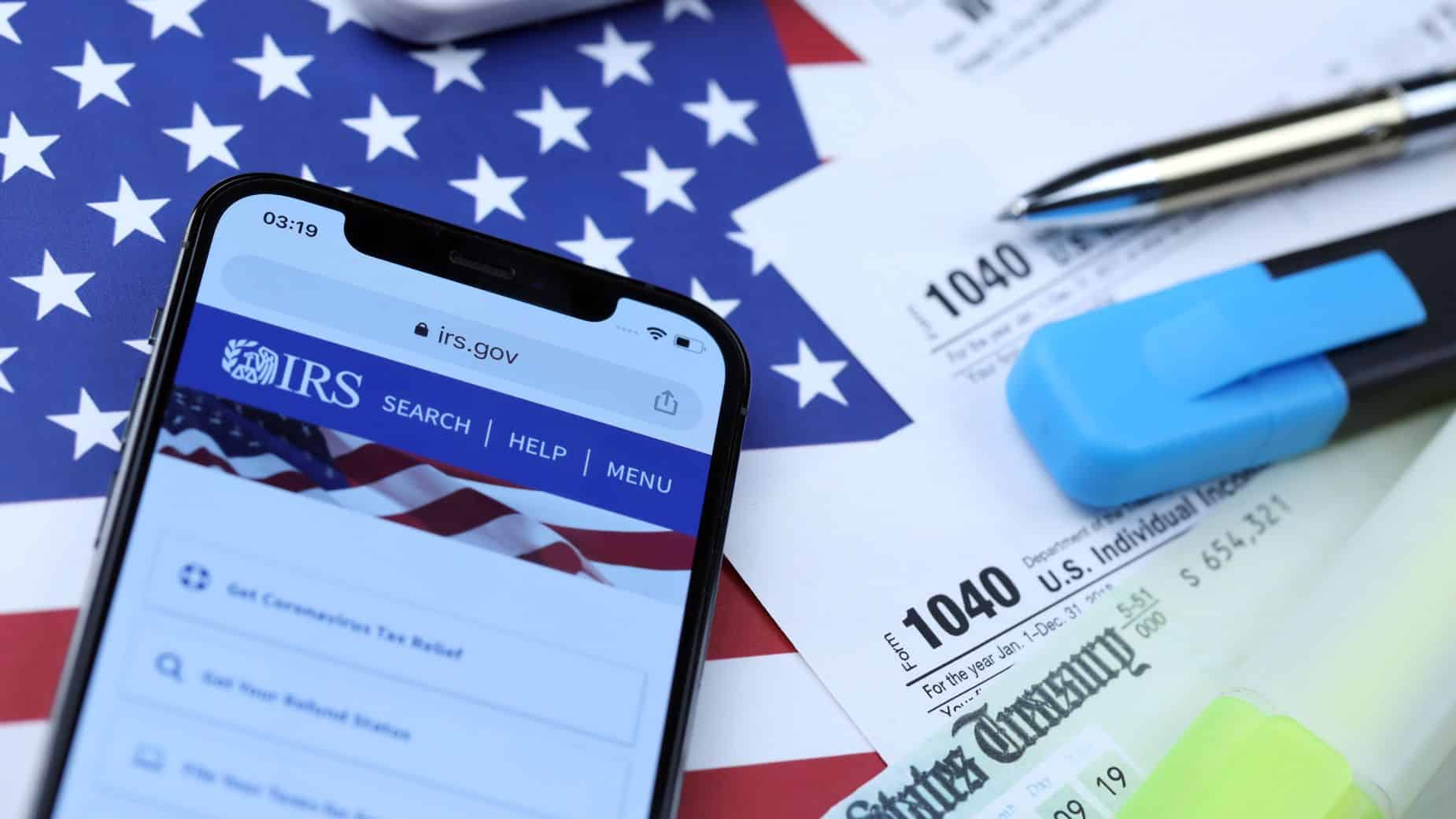It’s official that tax season for 2024 is over, but as we all know, the break is short-lived and will start up again in January.
Some of us will just be unprepared because we won’t have the documents the Internal Revenue Service (IRS) needs from us to make our tax returns go more smoothly. Most of us are mentally unprepared but will be able to get on with it right away.
Most of the time, you don’t need to worry; you can get most documents from official sources as many times as you need to. However, this may cost you more and take more work during a stressful time like tax season.
To avoid tax problems, you should usually keep important papers for at least three years. Usually, five years is better, and some papers, like the deed to a house or car, should never be thrown away. It’s good to do a spring cleaning of your paperwork so you know what you have.
If you’ve gone paperless and most of your notices are now online, saving them to an external drive can save you a lot of trouble. But throwing away papers without thinking will not help anyone in the long run.

IRS mandatory documents
First and foremost, the IRS recommends holding on to all tax records for three years from the date of filing the return. This includes:
- Letters and notices from the IRS.
- Previous tax returns.
- Documents that justify income, credits or deductions included in the returns.
These should be found and filed away with the year clearly marked. This will help in case of an audit or legal issue. You can also use the proof of income to get in touch with the Social Security Administration if your earnings record is out of date.
That’s important because it could change your future benefits, and you’ll need proof of income to fix any mistakes.
The IRS also says that you should keep the following important papers:
- Property records: useful for calculating the value of assets such as a home.
- Health insurance documents: to verify personal and family health coverage.
- Business income and expense records: necessary to justify income and expenses of any business.
You should never throw away some of these records. Any official papers that don’t have an expiration date should be kept on hand in case of an emergency. This is because property records will come in handy in the future for land disputes, sales, or home evaluations. You don’t want to get into a war that lasts for years over something that could have been solved with proper paperwork.
As we’ve already said, you can get most records from other places, but if you keep them at home, you won’t have to rely on anyone else to help you with things if something happens to the public records office, like a pandemic that keeps people from getting to work.
Health insurance papers are very important, especially if they have policy details that you may need to look back on in years to come or when you want to get paid for services that were not provided.
Life insurance and funeral plans should also be kept permanently so that they can be cashed in when the time comes. It might not always be possible or quick for the insurance company to get in touch with you about payment. This is especially true when it comes to making things easy to do.
For at least ten years, you should keep records of your business’s income and expenses, as well as other diaries that keep track of how the business works.
Because audits happen more often and can take more time and cost more money for both the IRS and the institutions being audited, it is very important that these records are very clear and well organized. Please do your part.
Read Also :- IRS’ largest refundable tax credit in 2024 (over $7,000), check eligibility and claim it















Leave a Reply